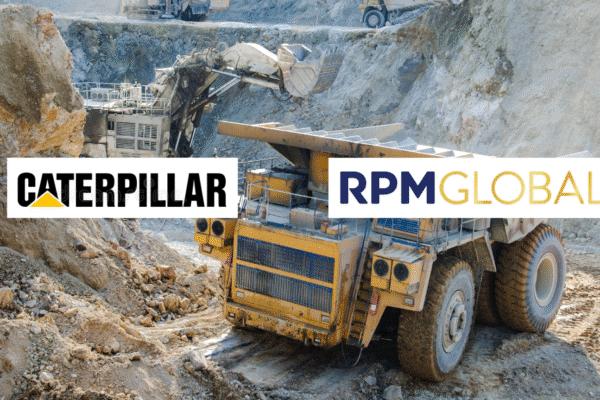In this month’s dashboard, we play 20 questions. But no, we are not playing parlour games in Victorian England, we are talking mergers and acquisitions.
A sale process can take 6 to 9 months to complete, so choosing the right advisor for your needs should not be taken lightly. Here are 20 essential questions you should ask any potential M&A adviser before starting the process.
Experience of the firm and its people
1. What experience do you have selling businesses with similar characteristics to mine and of a similar size? What deals have you closed (not just worked on) in the past three years?
2. Who will lead and who will be working on my assignment? Are the people I am meeting the ones who will actually do the work?
3. Do the people working on my deal understand my sector, my business and its key drivers? Have they ever worked in a “real” business, not just advised?
4. Are you properly licensed? Do you have an Australian Financial Services Licence and professional indemnity insurance?
Access to investors
5. What contacts do you have among potential buyers? Do you have appropriate access to both industry and financial buyers? Can you discuss your process for developing a potential buyer list?
6. Who were the buyers in past transactions you closed and how did you find those buyers?
7. Do you have a real international partnership to secure overseas buyers? Can you share recent examples of how this has worked in practice?
Approach to the transaction
8. What will you be practically doing for me? What is your sale process and the deliverables?
9. What are the factors about my business that will enable me to achieve a premium price for the business? How will you increase value and improve the terms of a transaction?
10. How would you market my company? Can you show me some previously created deal material?
11. What steps do you take to ensure the confidentiality of the business sale process and to protect my staff from being poached by potential buyers of the business?
12. What other assignments are you working on and do you have sufficient resources to devote to my sale process?
13. How much time will the process take?
14. How do you keep me informed in the process? What involvement will I have and what input do you expect from me?
Ethics and values of the firm and its people
15. When I meet with the advisor, is it clear they are listening to my goals and concerns and care about the outcome (not just their fee agreement)? Are they focused on delivering outcomes, or just describing the process?
16. What would your prior clients say about you? Are you happy for me to speak to your previous clients?
17. How important will I be to you? Will you be focused on my transaction, or am I just one of many? Is a transaction of this size and type the right fit for your firm?
18. Would you have any conflicts of interest if appointed?
19. What fees are involved and what do they cover? Does the fee agreement align our interests?
20. How do you behave when things go wrong in the process? How can I be comfortable that you “have my back”, and are focused on getting me the best outcome possible?
A transaction is a very involved process, and although not as much fun as playing a game of Blind Man’s Bluff or Elephant’s Foot Umbrella Stand, picking the right advisor for you can help take some of the pain away during the sale process.
Authors: Michael Kakanis & Paul Keehan









